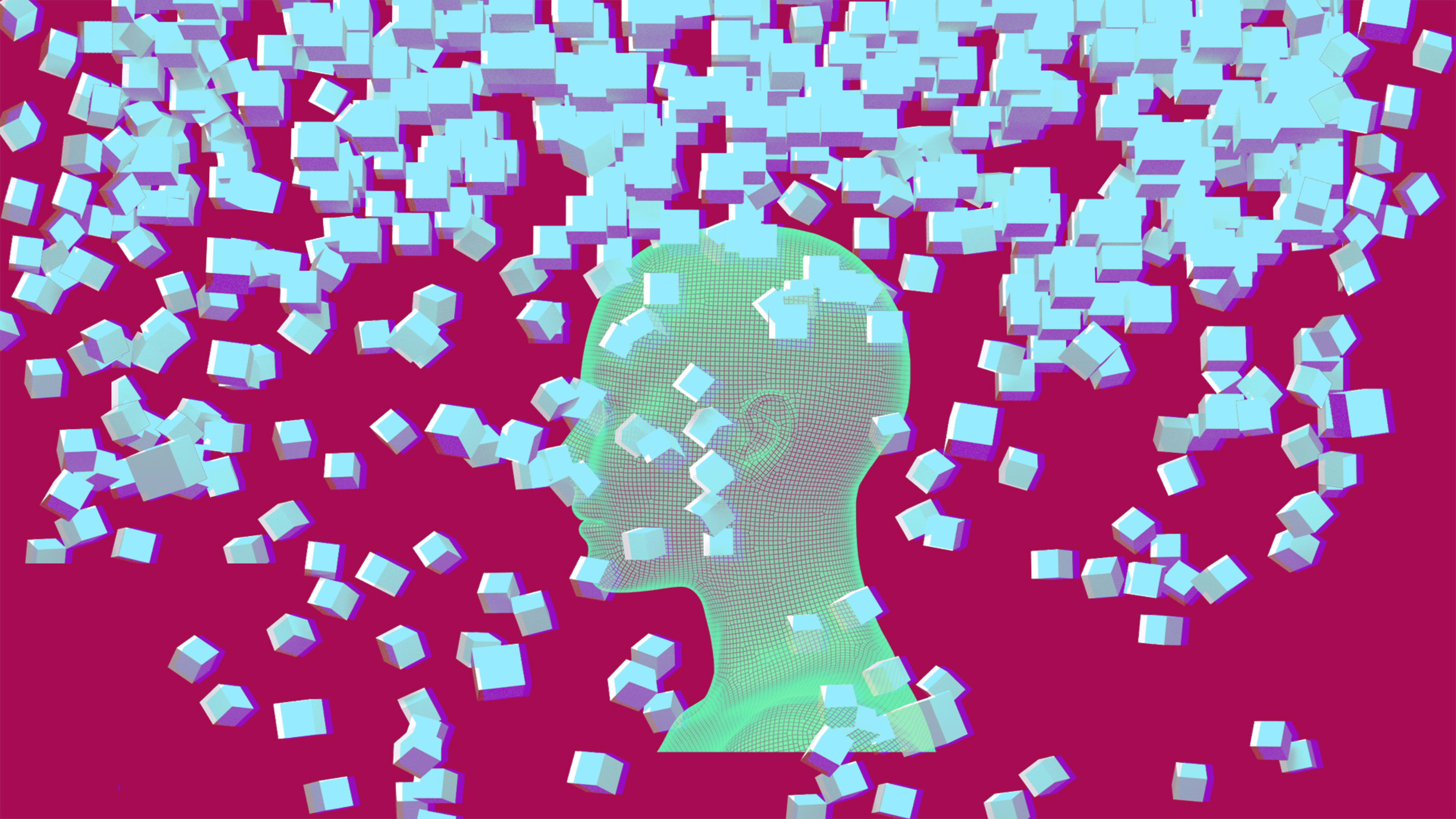Neuroscience has taught us that the brain constantly seeks clarity. Every second, it analyzes patterns in our environments and behaviors to make better sense of the world.
Since humans are wired to clarify and simplify, the ambiguity of the pandemic has been especially tough to navigate. COVID-19 has changed work situations, canceled events, altered routines, and wreaked havoc on our brains. And this level of disruption triggers a “survival” mindset. The result? Poor creativity.
As we try to make sense of new environments, our brains shift resources to our emotional centers. This leaves the prefrontal cortex unavailable for creativity and innovation. And without creativity, our abilities to problem-solve, communicate, and employ strategic agility suffer. A survival mindset consumes neural resources and prevents higher-order thinking. Unfortunately, this comes at a critical time. According to McKinsey research, leaders who act early and decisively during times of economic disruption reap long-term benefits. When you don’t have the mental capacity for creativity, you miss out on opportunities to improve your company’s performance.
If you can overcome the survival mindset, you can better lead your team in these turbulent times. And there’s good news: You can engineer your environment to enable your creativity. In the same way that water flows when it’s unimpeded, creativity occurs naturally. The brain loves to make associations. When we remove barriers to creativity, new and fresh ideas will follow.
Here are three common roadblocks to creativity, how they arise, and finally how we can address them.
Isolation
The problem: Many people have struggled with feelings of loneliness and isolation during quarantine, especially the 28% of Americans who live alone. Can you imagine having little to no human contact for months? I know some of you can because you’ve had to. It’s no wonder, then, that loneliness increased 20% to 30% within the first few months of the pandemic and that emotional distress tripled. Collaboration sparks creativity, but you might have disconnected socially while practicing physical distancing.
The solution: Reach out to your team members, as well as people in your network, to help you overcome your creativity block. For example, as I’ve been evaluating different aspects of our business, I talked to our company’s chief strategy officer, Marcus Brooks. He helped me understand how big a role our broader communities play in our personal happiness, growth, and development. By proactively reaching out to your employees, colleagues, and contacts, you’ll build relationships that can foster new ideas and innovation.
Anxiety
The problem: Joseph LeDoux, a famous neuroscientist, once said that anxiety is “the price we pay for an ability to imagine the future.” In the same way that the human brain can imagine powerful works of art and world-changing ideas, we can also imagine catastrophes, worst-case scenarios, and negative outcomes. It’s hard to think positively when we are in a state of fear.
The solution: To overcome anxieties, first acknowledge them. Then, practice redirecting your focus. Current events can put us in reaction mode. Give yourself a chance to breathe and de-stress—ideally by getting outdoors. Personally, I love being around bodies of water. I’ll walk by a river or a lake when I’m feeling stuck. If my creativity isn’t stimulated within the walls of my home, I have to find other sources of inspiration.
Barriers from a scarcity mindset
The problem: Our brains unconsciously register high-stress situations. For example, during the coronavirus pandemic, we’re hyperaware of unsafe physical situations. You may flinch when passing someone on your morning walk or notice how often the characters on your favorite TV show shake hands or hug. Scarcity leads to feelings of fragility and uncertainty, and this mindset is hard to shake, even if the pandemic were to end tomorrow.
The solution: Recognize opportunities to help you and your team recenter. Try giving employees a spot bonus for coming up with innovative ideas or scheduling a lunch-and-learn meeting to create a strong sense of cohesion, purpose, and normalcy. You might even want to give everyone a random Friday off to boost morale. The more you can inspire people’s creativity, the more comfortable everyone will feel, even in this uncertain time.
Fostering creativity might be tough right now, but there are steps you can take to solve common roadblocks. By reaching out, engaging in a calming activity, and pushing back against scarcity mindset, you can spark creativity and guide your team toward a more productive and positive future.
Kerry Goyette is the president of Aperio Consulting Group, a corporate consulting firm that utilizes workplace analytics and implements research-based strategies to build high-performance cultures, and she’s the author of The Non-Obvious Guide to Emotional Intelligence.
Recognize your brand’s excellence by applying to this year’s Brands That Matter Awards before the early-rate deadline, May 3.
